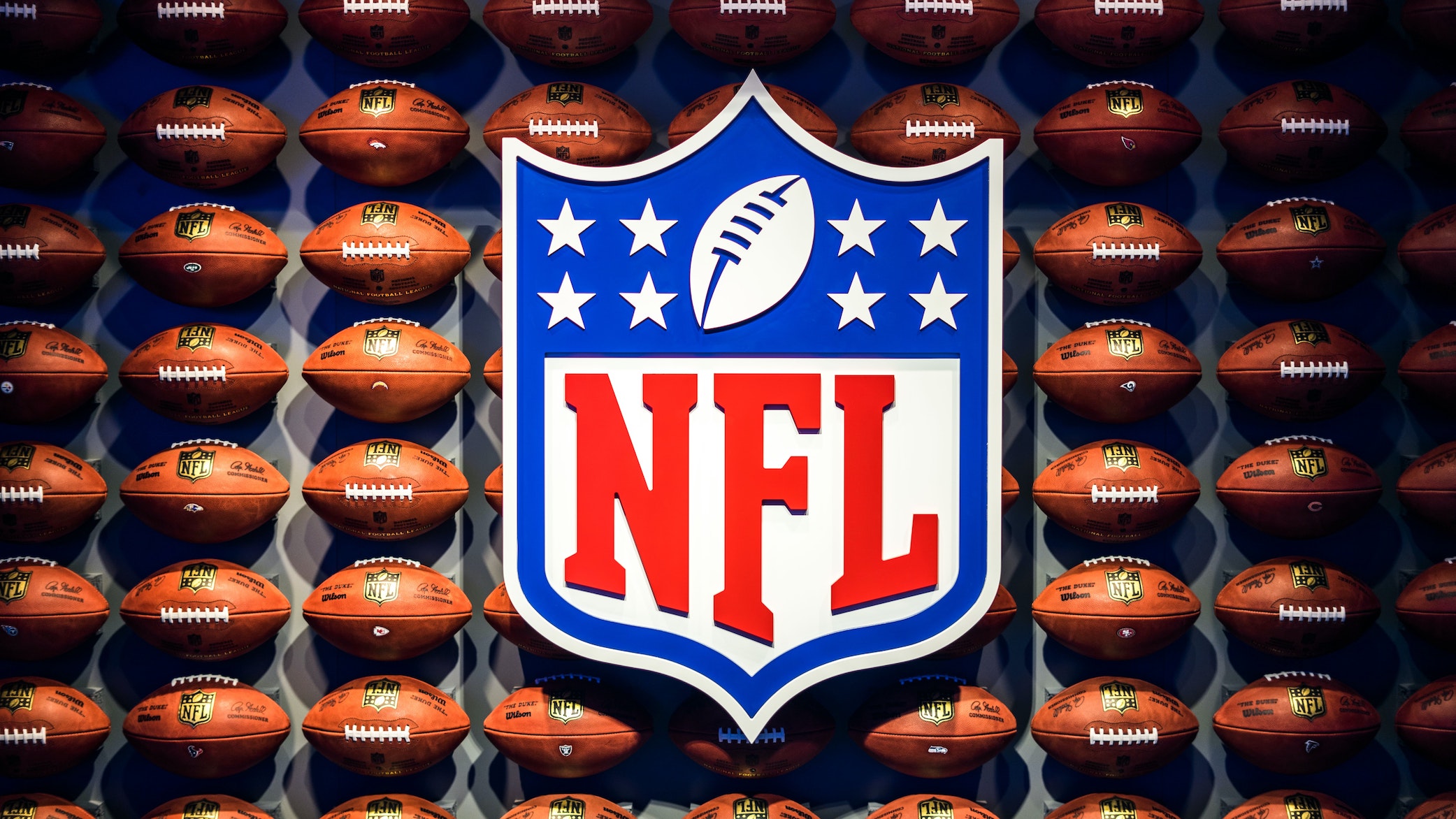The success of California’s legal cannabis industry has assuaged the fears of many skeptics who, for decades, argued that legalizing cannabis for recreational and medical purposes would invite crime and lawlessness. To a great extent, the business disputes that have inevitably arisen in the cannabis industry resemble the business disputes that inevitably arise in any industry. Business partners sue each other over issues such as breach of fiduciary duty, breach of contract, and misuse of company funds, just like business partners who sell much less controversial products. California’s cannabis laws seem to be getting it right; it is the confusion and hypocrisy over cannabis going on in other states that complicates matters. It is not hard to understand, from a purely financial perspective, why someone with access to a legal supply of cannabis, would be tempted to divert some of it illegally to other states which barely even have a medical cannabis program to speak of. If your cannabis business plans are going up in smoke because things have deteriorated between you and your business partner, contact a San Diego business partnership dispute lawyer.
Genetixs Sues Two Partners for Selling Cannabis on Black Market
The struggles of professional athletes to transition into the business world after their playing careers end are well documented, but Julio Jones and Roddy White chose to get into the legal cannabis industry in California as opportunities were opening up. Jones and White played together for the Atlanta Falcons until White retired and Jones moved to the Tennessee Titans. Later, they both became partners in Genetixs, a California-based legal cannabis company. According to a lawsuit filed by Genetixs in July 2021, Jones and White conspired with John Van Beek and Shaun Van Beek to sell cannabis on the black market out of a Genetixs facility in Desert Hot Springs. Meanwhile, Jones and White allegedly stopped reporting sales in March.
Genetixs is also suing John Van Beek; it hired him in 2020 to work as an on-site manager and operator, but it fired him in March 2021 after an inspection revealed numerous violations at the facility. The lawsuit also alleges that Van Beek and his son disabled security cameras at the facility to enable the illegal operations to proceed. It accuses them of breach of contract and failure to report cannabis sales. The State of California has not pressed criminal charges against any of the defendants in the lawsuit. A lawyer for Jones and White told the Daily Mail that the lawsuit is retaliation for a previous lawsuit that Jones and White filed against Genetixs.
Contact Foldenauer Law Group About Business Partnerships After a Pro Sports Career
Choosing the right business lawyer can make or break a retired professional athlete’s success in business. A business dispute lawyer can help you get out of bad business deals before they cause heavy financial losses. Contact Foldenauer Law Group, APLC in San Diego, California to discuss your case.









